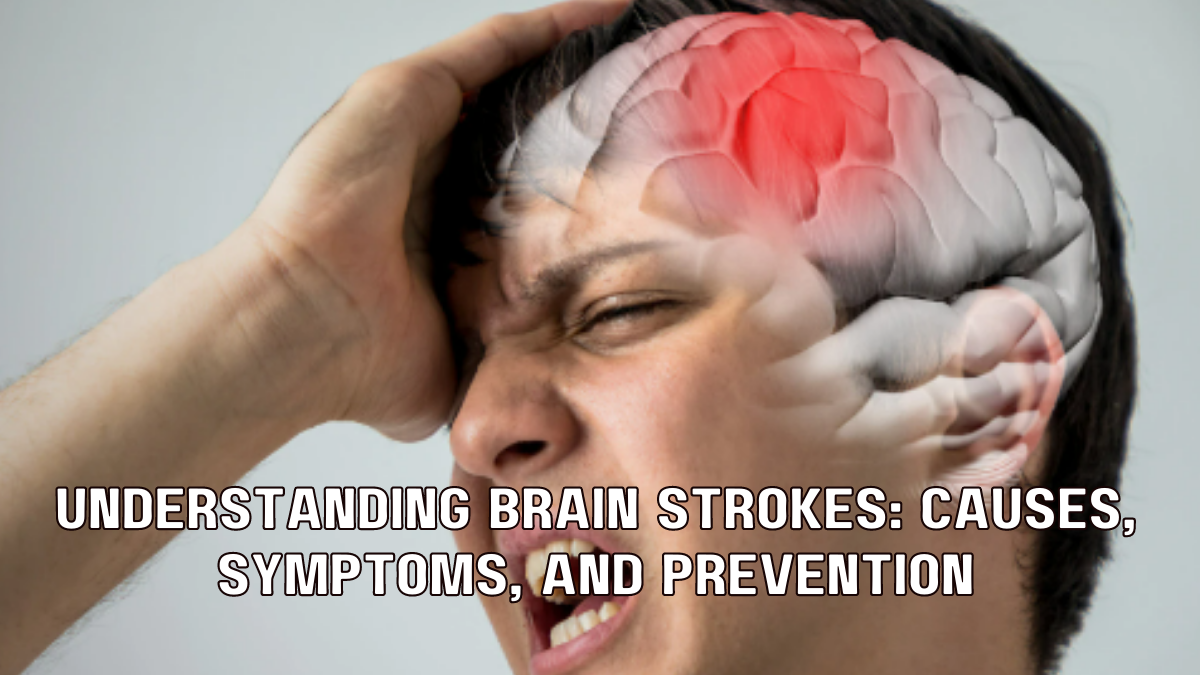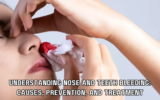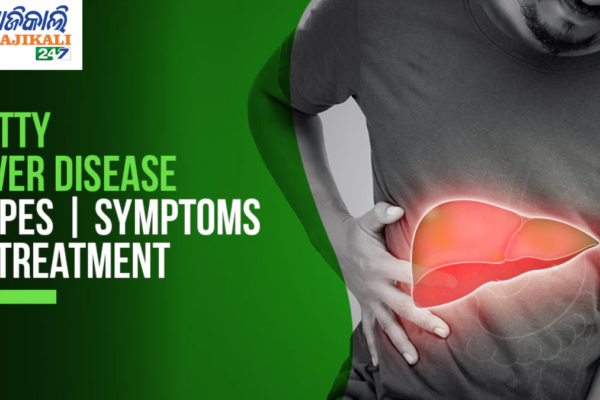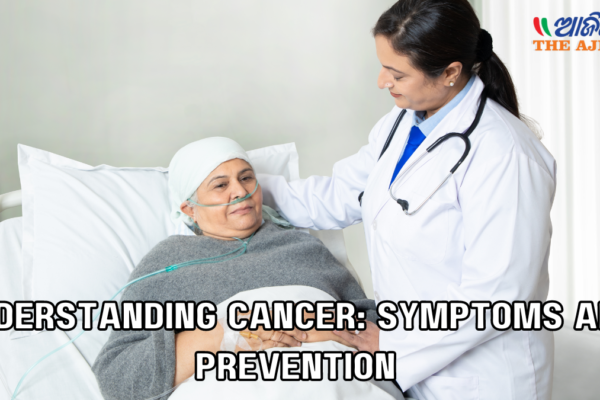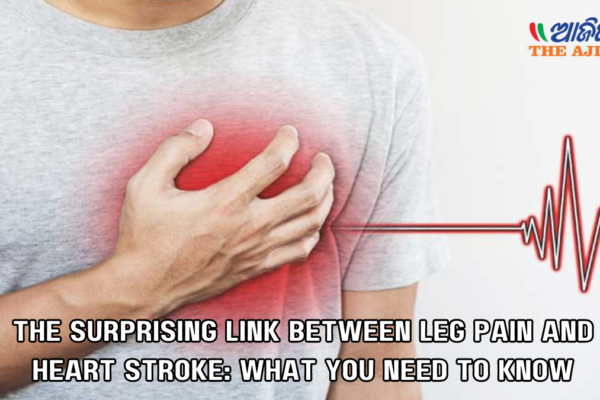Introduction:
Brain strokes, also known as cerebrovascular accidents, are serious medical conditions that require immediate attention. They occur when blood supply to the brain is interrupted, resulting in damage to brain cells. Understanding the causes, symptoms, and prevention methods can help raise awareness and potentially save lives. In this blog, we will delve into the key aspects of brain strokes to provide valuable insights and knowledge.
1.What is a Brain Stroke?
A brain stroke occurs when there is a disruption in blood flow to the brain, leading to the deprivation of oxygen and nutrients. It can be caused by two main types: ischemic stroke, caused by a blocked or narrowed blood vessel, and hemorrhagic stroke, caused by bleeding in the brain.

2.Common Causes of Brain Strokes:
a. Ischemic Strokes: The most common cause of ischemic strokes is atherosclerosis, a condition characterized by the buildup of plaque in the arteries. Other causes include blood clots, embolism, and arterial dissection.
b. Hemorrhagic Strokes: Hemorrhagic strokes can be caused by conditions such as high blood pressure, aneurysms, arteriovenous malformations (AVMs), and certain blood disorders.
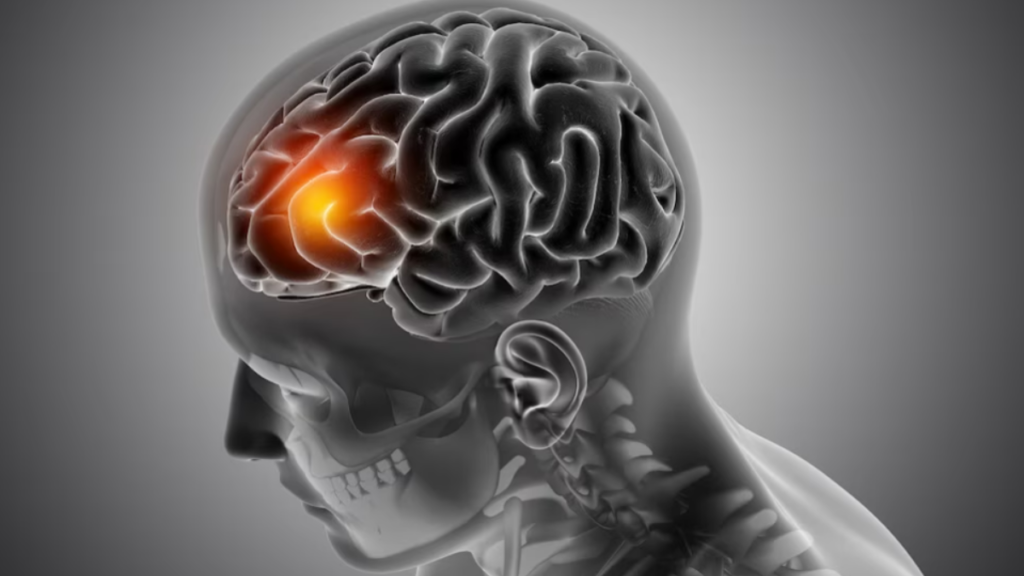
3.Recognizing the Symptoms:
It is crucial to recognize the symptoms of a stroke promptly to seek immediate medical attention. Common symptoms include sudden weakness or numbness in the face, arm, or leg (often on one side of the body), difficulty speaking or understanding speech, sudden severe headache, dizziness, and loss of coordination.

4.Prevention and Risk Factors:
a. Lifestyle Modifications: Adopting a healthy lifestyle, including regular exercise, a balanced diet, maintaining a healthy weight, and avoiding smoking and excessive alcohol consumption, can significantly reduce the risk of strokes.
b. Managing Medical Conditions: Properly managing conditions like hypertension, diabetes, and high cholesterol through medication, regular check-ups, and adherence to treatment plans can reduce the risk of strokes.
c. Awareness and Early Intervention: Educating oneself about stroke symptoms, risk factors, and the importance of seeking immediate medical help can contribute to early intervention and better outcomes.

5.Seeking Medical Help:
If you or someone around you experiences symptoms of a stroke, it is essential to act fast. Call emergency services immediately and provide them with accurate information about the situation. Remember that time is of the essence when it comes to strokes.

Conclusion:
Brain strokes are serious medical emergencies that require swift action. By understanding the causes, recognizing the symptoms, and adopting preventive measures, we can minimize the risk of strokes and potentially save lives. Spread awareness, educate others, and prioritize a healthy lifestyle to protect yourself and your loved ones from the devastating effects of brain strokes.

